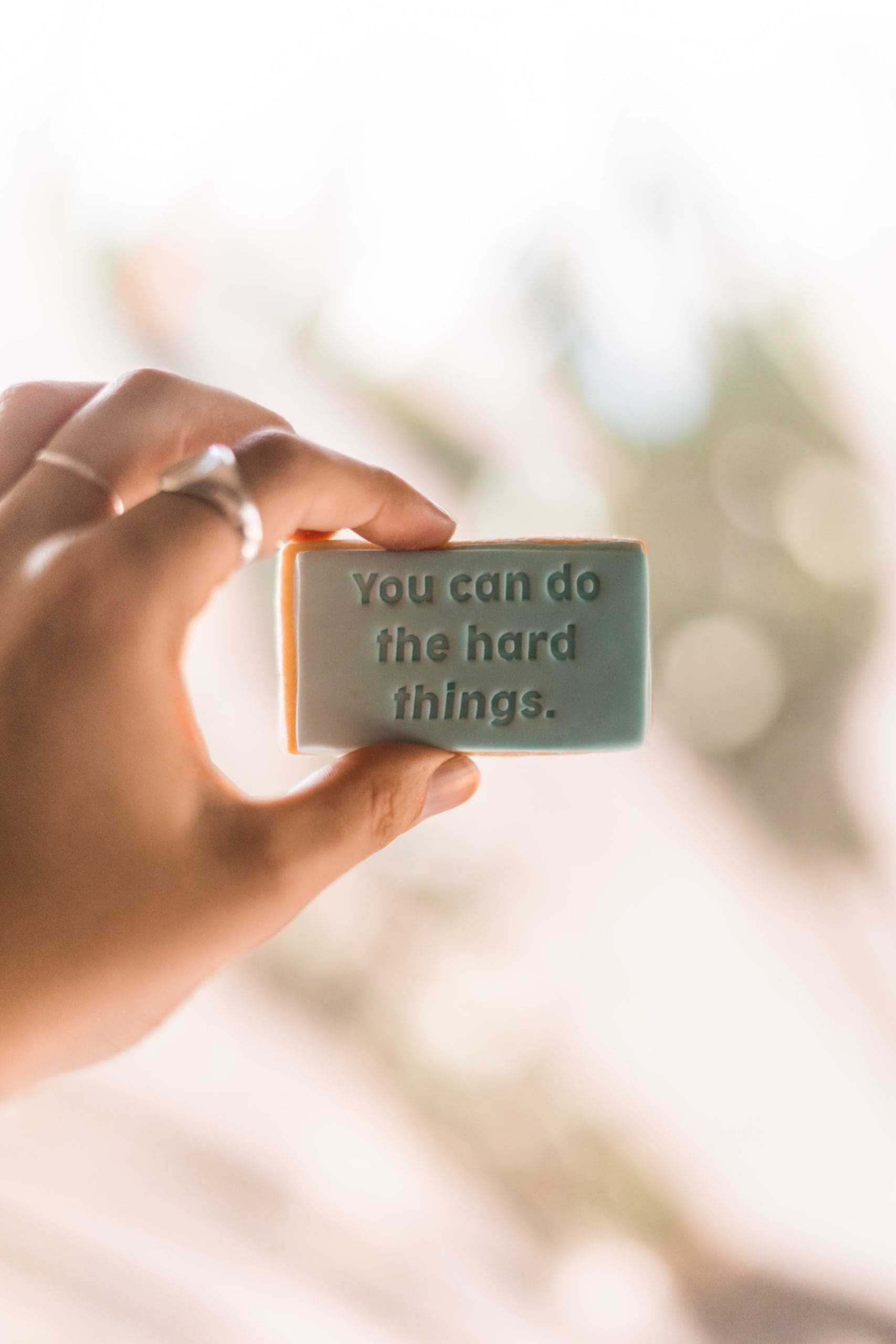We are all socialized to be nice people, believing nice to mean good, kind, and honest. And of course, we should all want to be those things. But the word nice is too often co-opted and weaponized, especially against women and people of color. Being nice is less about being kind and more about being agreeable, pleasing, trouble-free, accommodating, conflict-free. Nice is about never rocking the boat and always upholding the status quo—which is usually defined by white supremacy culture.
At Leverage to Lead, we caution against the fallacy of seeing DEI work as “nice people work.” Creating equitable and inclusive work cultures is challenging and uncomfortable work. It doesn’t—and shouldn’t—always feel nice. Neither should growth or change.
Today, we are exploring the ways that our desire to be nice are sabotaging real DEI work, suppressing difference and entrenching inequities. We’re looking at how nice becomes an identity we cling to, and how that leads to dysfunction. And we’re saying loud and clear that nice is not your job.
Overidentifying with nice means refusing to grow
Our binary thinking leads us to believe there are only two options: racist or nice person. White supremacist or nice person. The logic goes that if I am a nice person, I can’t be a racist or white supremacist. And if I’m a nice person, I can’t do racist things or participate in white supremacy. Insisting on identifying as a nice person blinds us to implicit biases and the privileges bestowed by unjust systems.
When an organization’s white leaders acknowledge all the markers and consequences of white supremacy culture but ask that we not use the words “white supremacy,” they are falling into this very trap of binary thinking. Confronting white supremacy isn’t about labeling or guilting individuals. It only feels that way if we hold up nice at the expense of vulnerability and learning.
Acknowledging your position in a racist system doesn’t make you a bad, or racist, person. We need to rid ourselves of the identity crisis of being nice. It keeps us stuck believing that being nice is the highest virtue. Identifying with nice makes us resist learning, change, and growth.
When nice avoids conflict and maintains comfort
We are all sold a dangerous fantasy about diversity. The mainstream images and discourse want us to believe that 1) diversity is a goal that can be attained, and 2) diversity is going to make things really nice. You’ve seen the rainbows, multicolored hands, smiling faces, and hearts. The messaging is clear: diversity will bring an end to all conflict, all woundedness, all of our messy, interesting, and innovative humanity.
The right to comfort is a white supremacy value. Because avoiding discomfort means avoiding difference, disagreement, learning, and change. We’ve come to believe that discomfort is a bad thing, rather than a normal response to something new or to change. When we lack the inner agility and emotional capacity to sit with discomfort, we’ll discharge it onto others instead, and with damaging results.
Here’s the truth: diversity is about inviting discomfort. Because difference can be uncomfortable. Different perspectives and experiences will mean disagreement, compromise, and change.
What we need to do is create safe spaces for the disagreement. We need to build our own inner agility and emotional capacity to handle conflict in healthy ways—with curiosity, openness, and vulnerability. The goal of diversity is not agreement. The goal of diversity is to have everyone show up safe to be their full selves. These are the conditions for individuals and companies to thrive.
When nice maintains inequality
At a tech company where the one Black sales manager is not meeting her quota, being nice looks like holding her to a different standard rather than asking rigorous questions about the company quota policy and what supports are available to help managers to be successful.
At a law firm, white partners operate out of fear rather than authenticity. Instead of delegating extra work to associates of color, the partners take it all on themselves. They burn out and associates of color are denied vital experience, growth, and promotion opportunities. Power and capital remain locked at the top.
On the board of a nonprofit, being nice means deference to the two members with the most wealth and social influence, even when they’re wrong or misguided. Nice means they get accommodated, even at the expense of what’s best for the organization whose mission is to serve the working poor.
Lowering expectations in the name of avoiding conflict or introspection ends up creating deep inequities. Everyone on the team will feel the disparity and resentment. White supremacy culture says that people of color are less qualified, so lowering their standards is simply a self-fulfilling prophecy.
Creating equity within your organization might call for some difficult changes, namely some individuals or groups ceding some of their power. This can feel alarming. It can feel like a personal attack or indeed an act of bias to those accustomed to and perhaps unquestioning of their power. From a defensive posture, nice can easily become a weapon for white supremacy.
Not nice, just human
Between the false choices of white supremacist and nice person is the vast reality of our messy, complex, diverse humanity, where people can do nice things and hold unconscious biases. Where you can be a good person with room to grow their inner agility. Where we are all humans striving to see and dismantle white supremacy culture.
Letting go of nice means turning fully toward the real, which includes challenge, conflict, disagreement, compromise, collaboration, and evolution. No, diversity and equity are not our tickets to happiness and ease. But they are the foundations for stronger teams, authentic leaders, and real innovation.
If you want to learn more about bringing healthy conflict and inner agility to your organization, contact any member of our team today.
